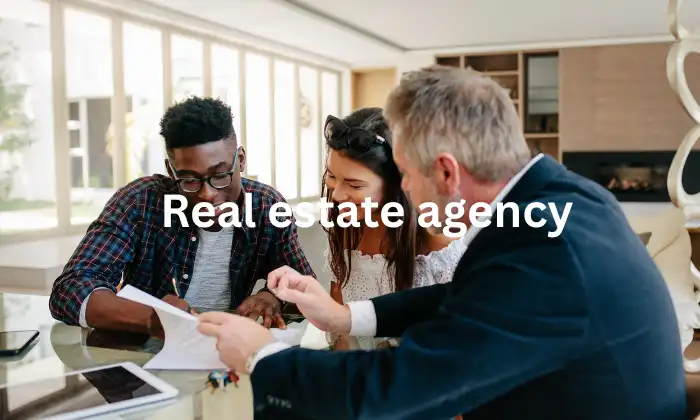Wholesale Real Estate for Agents: How to Expand Your Business and Income Streams
Discover how real estate agents can use wholesale real estate to boost income, find investor clients, and grow their business legally and effectively.
In today’s evolving property market, wholesale real estate is becoming a popular niche that even licensed agents can benefit from understanding. While traditional real estate focuses on listing and selling properties for clients, wholesaling follows a different model — one that can open new income opportunities and strengthen relationships with investors. For real estate agents looking to diversify, learning how wholesale real estate works can be a game changer.
What Is Wholesale Real Estate?
Wholesale real estate is a strategy where an investor, called a wholesaler, finds a property—often off-market or distressed properties—secures it under contract at a low price, and then assigns that contract to another buyer for a profit. The wholesaler earns an assignment fee, which is the difference between the agreed purchase price and the final price paid by the investor.
For example, if a wholesaler contracts a property for $150,000 and assigns it for $165,000, they earn a $15,000 profit. The wholesaler never takes ownership of the property but profits by connecting a motivated seller with a ready investor.
Why Real Estate Agents Should Care About Wholesale Real Estate
Many agents overlook wholesale real estate because it operates outside the MLS. However, understanding this sector offers multiple advantages:
1. New Income Opportunities
Real estate agents can earn extra income by wholesaling their own contracts or collaborating with wholesalers. With proper legal compliance, this can be an additional revenue stream that doesn’t rely on traditional listings or commissions.
2. Stronger Investor Relationships
Investors are constantly searching for off-market deals. Agents who understand wholesale real estate can become valuable partners by helping investors find properties quickly and negotiate effectively.
3. Market Insight and Early Access
Wholesale deals often surface before they reach the open market. Agents who network with wholesalers can gain access to these early opportunities, helping them anticipate trends and advise clients more strategically.
4. Faster Transaction Timelines
Wholesale real estate deals tend to close faster than standard listings. Partnering with wholesalers or investor clients can mean shorter transaction cycles and quicker earnings.
Legal and Ethical Considerations for Licensed Agents
Licensed agents have an advantage in wholesale real estate — they already have the authority to negotiate contracts. However, it’s critical to remain compliant with state laws. Always:
- Disclose your license status when acting as a principal in a wholesale transaction.
- Avoid marketing properties you do not own unless permitted by contract or law.
- Maintain transparency with all parties involved to protect your reputation and license.
Because each state has its own rules around assignment contracts, consult your real estate commission or an attorney before wholesaling to ensure full compliance.
How Agents Can Integrate Wholesale Real Estate Into Their Business
1. Build Partnerships with Wholesalers
Networking with reputable wholesalers gives you access to more deals and potential clients. Many wholesalers need help with buyer outreach or transaction coordination — areas where licensed agents excel.
2. Create a Buyer’s List
Compile a list of cash buyers, rehabbers, and investors interested in off-market opportunities. This makes it easier to match properties with ready buyers quickly and efficiently.
3. Find Motivated Sellers
Use your expertise and local market knowledge to locate distressed or off-market properties. Direct outreach to owners facing foreclosure or probate situations can reveal profitable wholesale opportunities.
4. Provide Value Beyond the Sale
Investor clients appreciate agents who understand renovations, repair costs, and local zoning. By offering professional advice on property value and ROI, you become a long-term partner rather than just a transaction facilitator.
Challenges in Wholesale Real Estate
Like any real estate strategy, wholesaling has challenges. Regulations can limit how contracts are assigned, and deals can fall through if buyers back out or financing fails. Maintaining professional standards, clear communication, and proper documentation helps prevent issues and build trust in this niche market.
Final Thoughts
For real estate agents, wholesale real estate represents a valuable opportunity to diversify income and expand professional influence. By understanding the process, adhering to legal standards, and leveraging your market expertise, you can integrate wholesaling into your business model ethically and effectively.
This approach not only opens new revenue streams but also strengthens your reputation as a well-rounded real estate professional who adapts to every corner of the market. Wholesale real estate isn’t just for investors — it’s a powerful tool for agents ready to grow, innovate, and succeed.



